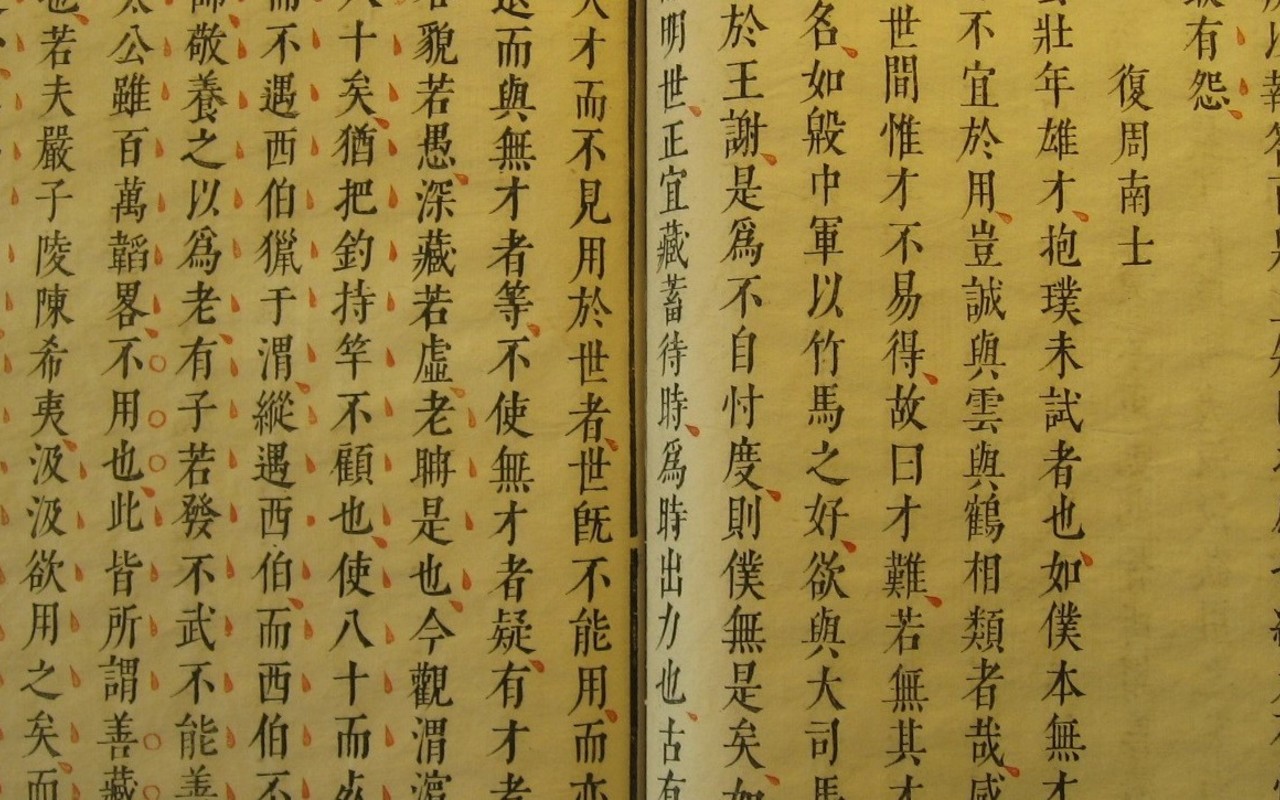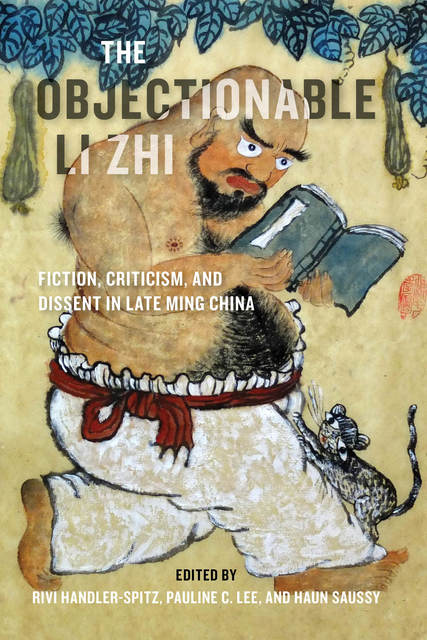The open access edition of this book was made possible by a grant from the James P. Geiss and Margaret Y. Hsu Foundation, which also supported the original publication. Additional support was provided by the Joseph and Lauren Allen Fund for Books on Asian Literature, Art, and Culture; the Wallace Scholarly Activities Fund at Macalester College; the Division of the Humanities at the University of Chicago; and the Office of the Vice President for Research and the Department of Theological Studies at St. Louis University.
Skip to main content
The Objectionable Li Zhi
Fiction, Criticism, and Dissent in Late Ming China
Timothy BrookContributorKai-wing ChowContributorMaram EpsteinContributorRobert HegelContributorMartin HuangContributorWai-yee LiContributorMiaw-fen LuContributorJiang WuContributorYing ZhangContributorRivi Handler-SpitzAuthorPauline LeeAuthorHaun SaussyAuthor
Iconoclastic scholar Li Zhi (1527–1602) was a central figure in the cultural world of the late Ming dynasty. His provocative and controversial words and actions shaped print culture, literary practice, attitudes toward gender, and perspectives on Buddhism and the afterlife. Although banned, his writings were never fully suppressed, because they tapped into issues of vital significance to generations of readers. His incisive remarks, along with the emotional intensity and rhetorical power with which he delivered them, made him an icon of his cultural moment and an emblem of early modern Chinese intellectual dissent.
In this volume, leading China scholars demonstrate the interrelatedness of seemingly discrete aspects of Li Zhi’s thought and emphasize his far-reaching impact on his contemporaries and successors. In doing so, they challenge the myth that there was no tradition of dissidence in premodern China.

Downloadable PDF
Metadata
- isbn9780295748399
- publisherUniversity of Washington Press
- publisher placeSeattle
- rightsCC-BY-NC-ND 4.0
- doi


